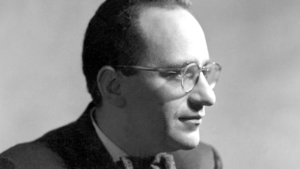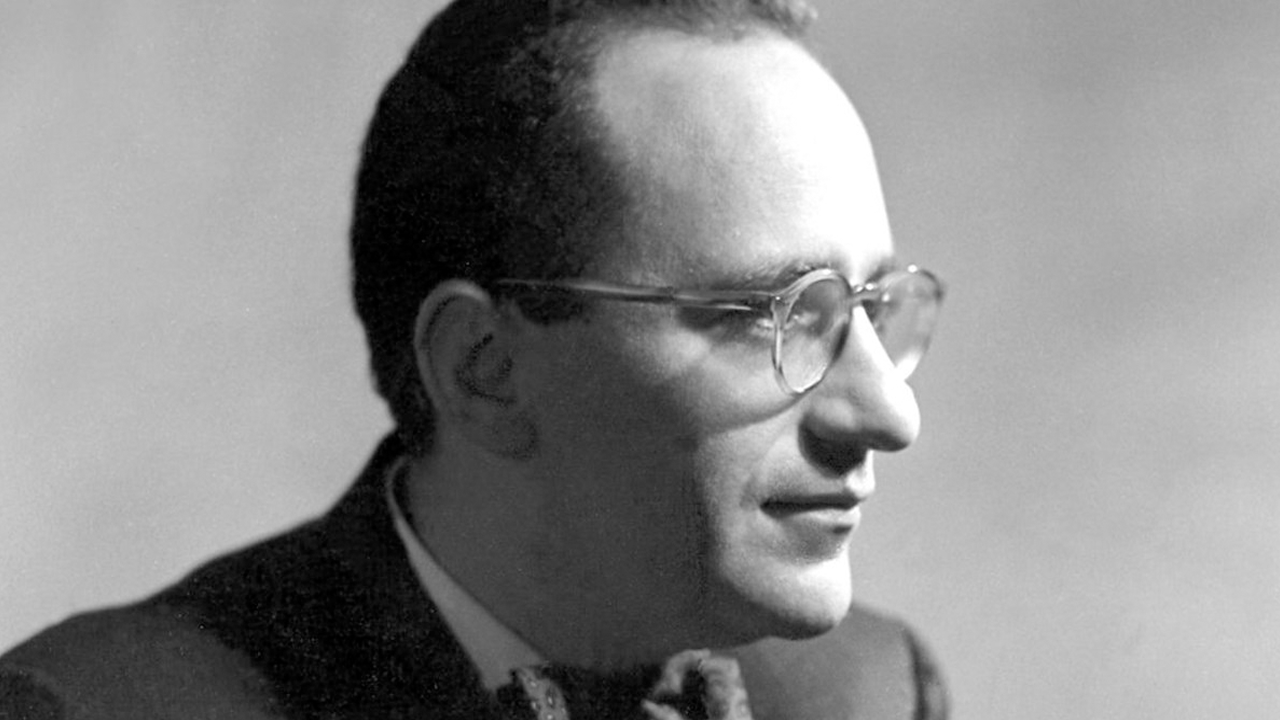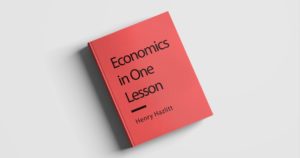
Perhaps one of the best essays on the subject of the state from a libertarian point of view, Murray Rothbard’s short book titled “Anatomy of the State” was first released in 1974 and remains relevant to all who have an interest to protect individual freedom from tyranny and the use of force.
Rothbard starts this essay by writing about what the state really is and what it isn’t. The state, he writes, is not “us”. Anything the state does, cannot be called the will of the people. “If we are the government, anything a government does to an individual is not only just and untyrannical but also voluntary…” Writes Rothbard, “Under this reasoning, any Jews murdered by the Nazi government were not murdered; instead, they must have committed suicide, since they were the government…”
In order to explain what the state really is, Rothbard first elaborates about how if man is to survive, he must increase his standard of living by transforming resources and trading them with others who have likewise produced wealth. That resource becomes the man’s property and in a free market system, everyone must produce wealth in the form of certain goods and services and exchange it for other goods and services. There is, however, a second way which man can survive, if he forcefully takes the resources of other men. This is the essence of the state: a parasite.
The next chapter explores how the state preserves itself by legitimizing itself to the point where the general public, at worst, just goes along with the state’s rules for them, or at best, cheers them on. A state, no matter how powerful, cannot stay in power if the vast majority of its subjects view it as illegitimate. Therefore, it should be no surprise that the state employs the use of intellectuals to prove the state’s nobility. The statesmen were put there by god, the intellectuals might say. Or maybe Keynesian economic “science” proves that the state needs to regulate the economy.
It should also not be shocking that states tend to transcend their limits, by changing the meanings of the laws that bind them, such as with what happened with the constitution of the United States being seen as a “living, breathing document”, essentially meaning that it is subject to change depending on which tyrant is interpreting it. One of the worst examples is, of course, the new deal.
Rothbard mentions John C. Calhoun’s recognition of this phenomena, with his solution being nullification, a local state’s rights to veto unjust laws of the federal government. Although, Rothbard argues that Calhoun does not push this far enough, as the right to veto unjust laws, and therefore the right to secede from any government, should be pushed right down to the individual person.
It should also be noted that Rothbard shows that the state does not care so much about individuals and their property rights as much as it does about its own “rights”. This can be seen by asking: “which categories of crimes does the state pursue and punish most intensely, those against private citizens or those against itself?” There are numerous crimes against the state that have a terrible stigma, such as, but not limited to treason, failure to register for the draft, counterfeiting money, tax evasion or the assault of a policeman.
Rothbard concludes his essay by offering a theory of history, one of which views the history of mankind as a whole as a rivalry between private, peaceful freedom, called “social power,” and coercive, parasitic tyranny, called “state power.”
This essay is available as a PDF ebook for free at the Mises Institute website and is a must read for all those whom are interested in liberty.




